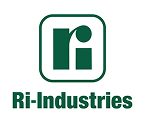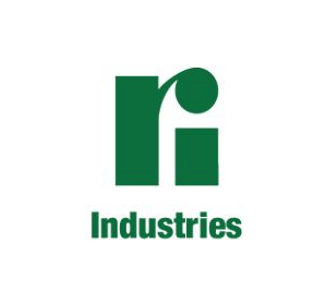Ri-Industries strives for excellence and environmental efficiency with all of its products, from our rainwater tanks to the Ri-Treat Waste Water Treatment System.
We often use so many terms related to water conservation that it can be difficult to sort everything out. What is the difference between ‘hard water’ and ‘soft water?’ Is ‘grey water’ really grey after all? It’s about time someone answered all of these water questions, so Ri-Industries is here to clarify.
Grey Water: While it is not always ‘grey’ in colour, grey water is the leftover water from baths, showers, hand basins, kitchen sinks and washing machines around your home. Not comfortable recycling water right out of the sink? The Ri-Treat Aerobic Wastewater System processes the grey water from your main drainage pipe into clean, odourless water to use for irrigation. Reusing grey water from laundry and bathrooms can save about 100,000 litres a year. With the average Australian family using 800 litres of water each day, conserving grey water can be crucial to helping our environment.
Hard Water: Hard water contains high levels of dissolved minerals, such as calcium and magnesium, and is measured as the equivalent concentration of calcium carbonate (milligrams per liter). For this reason, it is considered ‘hard,’ like a rock. ‘Hard water’ tends to lessen the lathering of soap, shampoo and detergents. You can typically find hard water in wells and boreholes.
Soft Water: Hardness levels of water in Adelaide are classified as less than 200 mg/L, and are considered by the Australian Drinking Water Guidelines as good quality. However, people may want to ‘soften’ the water in their home in order to avoid mineral build-up from excessively hard water that can potentially clog the pipes or stain crockery. While soft water does not occur naturally as often as hard water, it reduces the need for detergent because it doesn’t contain minerals that interact with cleaning products.
So there you have it: three entries in the Ri-Industries Water Dictionary. Above all, it is important to remember that the best kind of water is reused and recycled efficiently. Are you interested in ways to make your home more environmentally friendly? Ri-Industries can help! Contact us with any questions.

